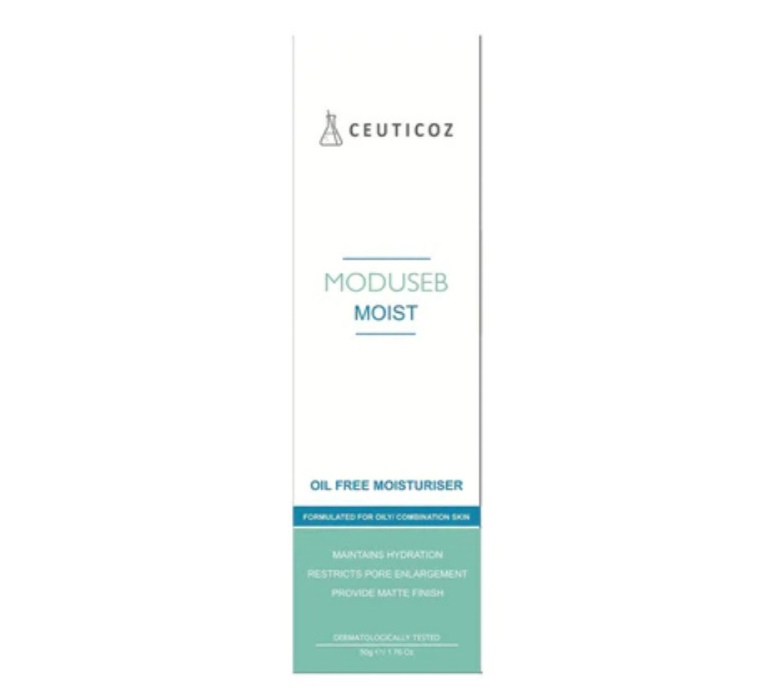Gossips have been a part of human culture for centuries. From the earliest days of communication, people have exchanged rumors, chatter, and stories, often shaping perceptions and influencing relationships. In today’s world, gossips still play a significant role in social interactions, media, and even business. This article delves into the nature of gossip, its effects on individuals and communities, and the ethical considerations surrounding it.
What Are Gossips?
Gossips refer to casual or idle talk about someone or something, often involving speculation, reports, or whispers that may or may not be true. These conversations can range from harmless chitchat to more serious scuttlebutt that can damage reputations or relationships. Whether it’s discussing someone’s private life, workplace rumors, or celebrity buzz, gossip exists in all corners of society.
In many cases, gossip can start with a piece of insider information or a passing whisper, quickly growing into something much larger. It can spread through social networks, workplaces, or even news outlets. While some might argue that gossips are merely entertainment or harmless fun, they can sometimes have serious consequences for those involved.
The Psychology of Gossips
The desire to be informed about others’ lives, coupled with the need for validation, often fuels gossip. This creates a cycle where people feel compelled to share information—whether true or false—just to maintain their social standing. As a result, gossips can sometimes be a reflection of our insecurities and need for connection.
The desire to be informed about others’ lives, coupled with the need for validation, often fuels gossip. This creates a cycle where people feel compelled to share information—whether true or false—just to maintain their social standing. As a result, gossips can sometimes be a reflection of our insecurities and need for connection.
The Negative Impact of Gossips
While gossips can seem harmless at times, they often have negative consequences. False rumors or idle talk can tarnish a person’s reputation, affect their mental health, and even damage professional relationships. Murmurs and whispers about an individual can lead to public humiliation, making it difficult for the affected person to recover.
The spread of scuttlebutt can also lead to misunderstandings. For example, reports that are shared in confidence or tattle about private matters can be taken out of context, escalating tensions in a community or workplace. As these stories spread, they often become distorted, turning a small issue into a larger problem.
In some instances, gossips can perpetuate harmful stereotypes or encourage negative behavior. Speculation and discussion about someone’s personal life or characteristics can reinforce biases, making it more challenging for individuals to be seen for who they truly are.
Gossips in the Workplace and Media
Gossips are especially prevalent in workplaces and media. In the workplace, gossip can spread through informal channels, creating a toxic environment where people are afraid of being judged or criticized. Reports of personal issues or speculation about promotions can lead to mistrust and competition rather than collaboration.
In the media, gossips about celebrities, politicians, and public figures are often sensationalized to attract attention. While some people enjoy reading about the latest celebrity gossip, it can cross ethical lines, especially when it involves whispers or rumors that invade a person’s privacy. The consequences of such gossip can be long-lasting, affecting the mental and emotional well-being of those involved.
How to Manage and Prevent Gossip
While it’s impossible to eliminate gossip entirely, there are ways to manage and prevent its negative effects. Being mindful of the information you share and avoiding idle talk can help reduce the spread of harmful gossip. Additionally, fostering an environment where transparency, honesty, and respect are valued can minimize the likelihood of gossip taking hold.
In workplace settings, it’s important to create an open and supportive culture where rumors are addressed directly and confidentially. Encouraging positive conversations and discouraging negative chitchat can help reduce the harmful effects of gossip. Similarly, in personal relationships, maintaining clear communication and setting boundaries can prevent misunderstandings and the spread of gossips.
The Ethics of Gossip
While it’s natural to be curious about others, gossips often blur ethical boundaries. Tattle, slander, and the spread of false information can damage lives and relationships. Understanding when gossip crosses the line into harmful behavior is crucial for maintaining ethical standards.
At the heart of ethical gossip is the responsibility to consider the potential consequences of your words. Gossips that serve only to entertain or inform, without causing harm, are different from those designed to manipulate or hurt. It’s important to ask yourself whether the rumors or stories you’re sharing could harm someone else or damage their reputation.
Conclusion
Gossips are a complex aspect of human interaction, and while they can serve as a bonding tool, they also come with significant risks. Whether it’s rumors, chatter, or whispers, gossip can quickly spread misinformation and cause harm. By recognizing the power of our words, being mindful of the impact of our actions, and encouraging open communication, we can reduce the negative effects of gossip in our lives and communities.
As we navigate the world of gossip, it’s important to remember that our words hold weight. By choosing to speak with integrity, we can ensure that our conversations uplift rather than tear down, fostering more supportive and understanding relationships.
FAQs
1. What is gossip, and how does it affect relationships?
Gossip is idle talk or rumors about others, often involving speculation or misinformation. It can harm relationships by creating mistrust and spreading false information.
2. Why do people gossip?
People gossip for various reasons, including seeking validation, bonding with others, or simply out of curiosity. In some cases, it may also stem from insecurity or the desire to feel part of a group.
3. How can gossip impact the workplace?
In the workplace, gossip can create a toxic environment, harm reputations, and lead to a breakdown in communication and trust among employees.
4. How can I avoid participating in harmful gossip?
To avoid harmful gossip, focus on fostering open and respectful communication. Avoid spreading unverified information, and address issues directly with the person involved.
5. Is gossip always harmful?
Not all gossip is harmful. In some cases, sharing harmless information or light-hearted chatter can be fun. However, gossip becomes harmful when it spreads misinformation, invades privacy, or causes harm to others.










